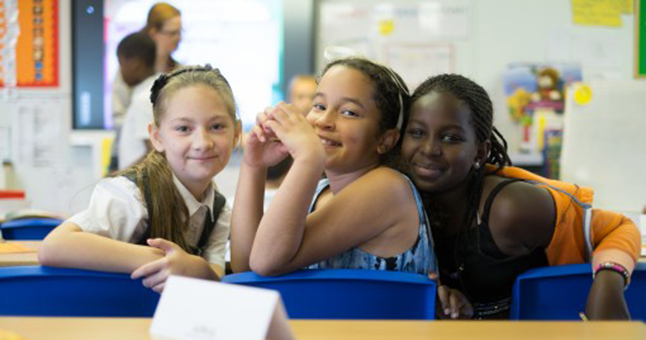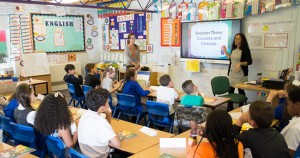As we know, domestic abuse can take many forms. It isn’t just physical violence– the term “domestic abuse” includes emotional, physical, sexual, financial or psychological abuse.
It is any type of controlling, bullying, threatening or violent behaviour between people in a relationship. It’s often mistakenly believed that domestic violence happens only between adults– but the reality is that in many of these relationships, children are also present.
The facts show that thousands of children up and down the UK are living with domestic violence in their daily lives.
A staggering 25% of children in the UK have been exposed to domestic abuse.*
In 90% of domestic violence incidents which take place in family households, children are in the same or the next room.**
62% of children in households where domestic violence is happening are also directly harmed.***
Even if they are not physically hurt, children can suffer long-lasting emotional and psychological damage as a result of witnessing violence.
They may also be encouraged to take part in bullying or threatening a parent, or be threatened by one parent as a way of controlling the other.
Domestic violence doesn’t just affect younger children. Teenagers can also be deeply affected by witnessing violence in their homes. As they begin to enter intimate relationships with others, they may also begin to experience domestic violence in their own relationships.
Witnessing domestic violence is child abuse.
It’s key that we give young people the tools to recognise unsafe and unhealthy relationships, as well as empowering them to speak out about violence that they may be experiencing.
As well as our work with professionals, Equation delivers projects in both primary and secondary schools across Nottinghamshire, where we help young people to discuss relationships, what’s respectful and healthy behaviour, and what’s not.
You can find out more about the work we do with young people elsewhere on the site, as well as on our Twitter, Facebook and LinkedIn pages.
For adults concerned that a child they know may be experiencing abuse, NSPCC counsellors are available 24/7 to offer advice and support. Email help@nspcc.org.uk or call 0808 800 5000.
*Radford et al. NSPCC, 2011
**Hughes, 1992
***SafeLives, 2015


